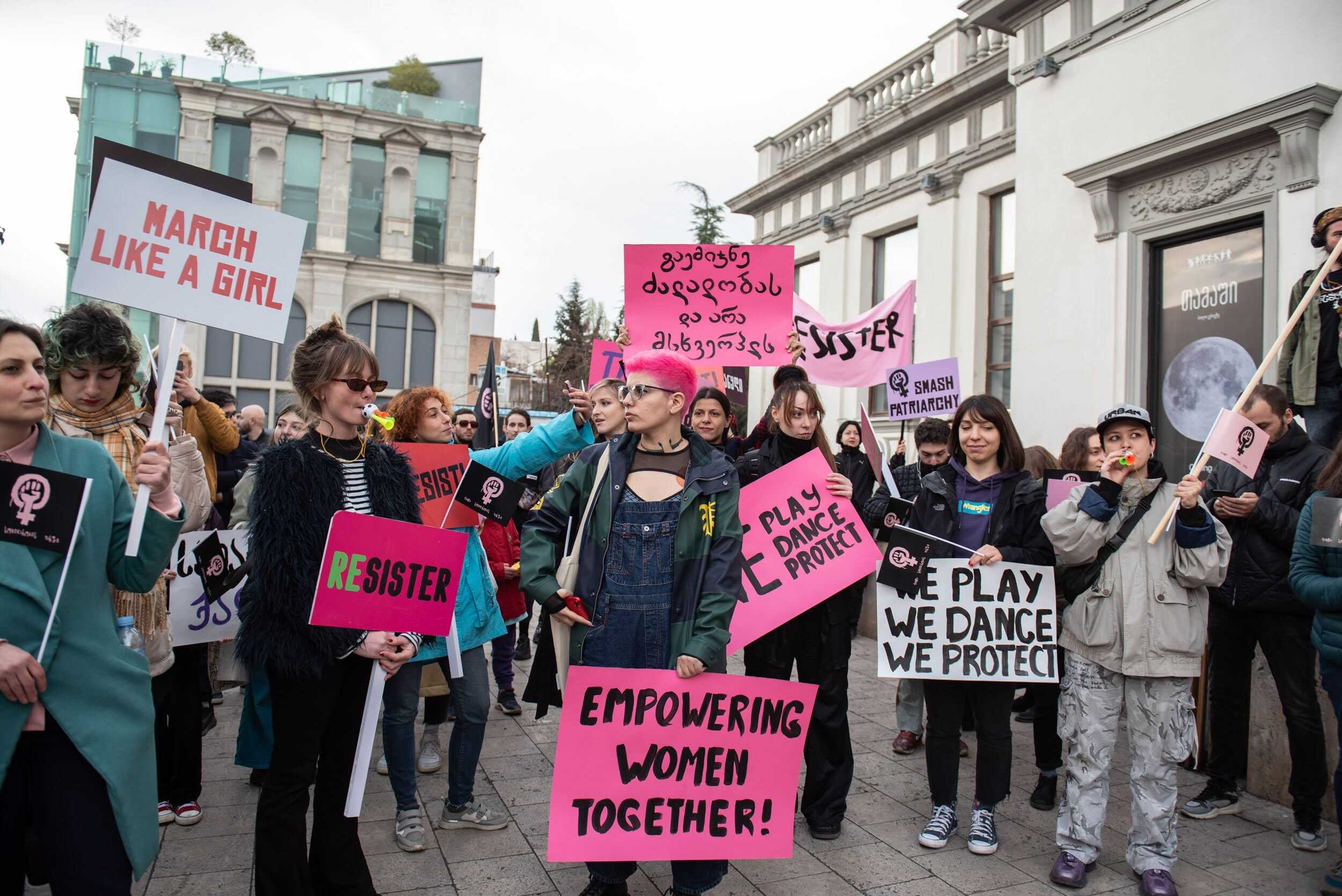
Preferences for the gender of children has a long history around the world and Georgia is no exception. CRRC-Georgia examines how attitudes have changed over the last decade.
In Georgia, having a boy has traditionally been desirable as sons are often considered the main successors in the family line, and they stay at home to take care of their parents as they age in contrast to women who traditionally move in with their husband’s family.
Preferences for sons are manifested in sex-selective abortion. Sex at birth ratios have declined in recent years in Georgia, suggesting lower sex-selective abortion rates. This is also reflected in new data from the 2019 Caucasus Barometer survey that shows that there has been a large decline in son preference in Georgia.
Still, a third of the public prefers having a boy to a girl.
In the 2010 Caucasus Barometer survey, a plurality of families in Georgia said they preferred having a son to a daughter. The 2019 Caucasus Barometer shows that the preference for boys has dropped by 15 percentage points.
The percentage of those who say that the gender of their child does not matter has increased from 44% to 58%. Even though there is a change in preferences, almost a third of the population (31%) still report they would prefer a boy if a family has only one child.
Note: Answer options Don’t know and Refuse to answer are not presented on the chart above as they made up less than 3% of responses.
To understand people’s preferences for the gender of a child, further analysis of the 2019 Barometer was conducted. This analysis shows that sex, age, and settlement type are associated with their attitudes.
Women are more likely to prefer having a daughter if there is only one child in a family than men. They are also more likely to report that gender does not matter than men.
Correspondingly, women were less likely to report a preference for a son. People older than 55 were more likely to report preferring a daughter and less likely to name ‘does not matter’ than people aged 18-35.
People in urban areas were more likely to report preferring a daughter and less likely to prefer a son than people in rural settlements. People in urban areas aside from Tbilisi were more likely say it did not matter compared with rural people.
Note: On the above chart, base variables for each category are as follows: male, 18-34 age group, Rural, Georgian ethnicity, and higher than secondary education. The wealth index is calculated regarding the items household owns.
Since 2010, the preference for having a son has dropped by 15 percentage points, and the share of those for whom the gender does not matter has also increased considerably.
However, three times as many people prefer boys to girls and a third of the population still prefers to have a son. Son preferences are weaker among women, urban residents, and older people.
Note: The above analysis is based on a multinomial logistic regression analysis, where the dependent variable is the preferred gender of a child if a family has one child. The independent variables are gender, age group, ethnicity, settlement type, education, and wealth. The data used in the blog is available here. Replication code of the above data analysis is available here.
This article was written by Anano Kipiani and Kristina Vacharadze. Anano is a policy analyst at CRRC-Georgia. Kristina is the Programmes Director. The survey question used in this blog around gender preferences was funded by the United National Fund for Population Activities (UNFPA). The views presented in this article do not necessarily reflect the views of CRRC-Georgia, UNFPA, or any related entity.








